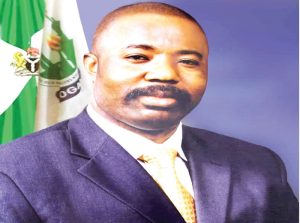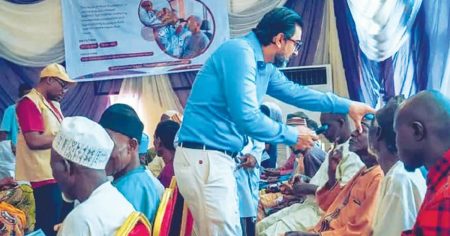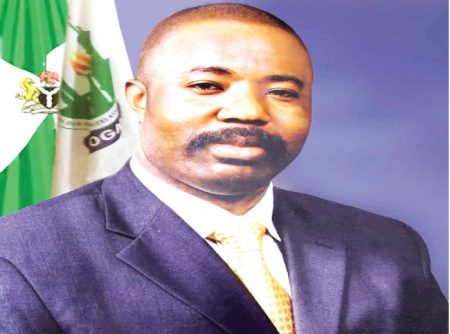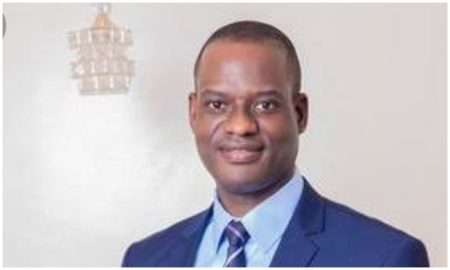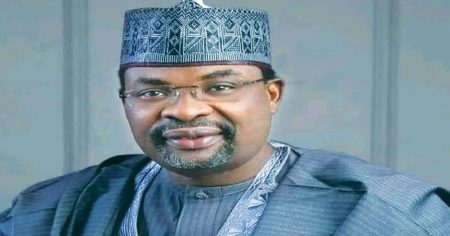The Imperative of Professionalism and Collaboration in Curbing Building Collapse in Lagos
The alarming recurrence of building collapses in Lagos State has prompted a call for heightened professionalism and collaboration within the architectural and construction sectors. Governor Babajide Sanwo-Olu, addressing the Nigerian Institute of Architects (NIA), emphasized the critical role architects play in ensuring a safe and sustainable built environment. He urged them to uphold the highest ethical and professional standards, recognizing that the consequences of building failures transcend religious and ethnic divides. The Governor’s appeal underscored the need for a collective effort to mitigate housing-related risks and prioritize the safety and well-being of residents. He highlighted the importance of professionals speaking out against unsafe practices and advocating for policies that prioritize safety and sustainability, drawing a comparison with the stringent building regulations in Paris that have maintained the city’s skyline and safety for over a century. This call to action serves as a stark reminder of the shared responsibility in preventing future tragedies and ensuring the development of a resilient and secure built environment.
The Governor’s representative, Deputy Governor Obafemi Hamzat, further emphasized the connection between a decent environment and sustained civilization. He stressed the importance of a safe, peaceful, and sustainable environment for Africa’s development, highlighting the role of architects in achieving this goal. Hamzat lamented the tendency for professional voices to be marginalized in national discourse and urged architects to be more assertive in advocating for best practices and responsible development. He contrasted the situation with his experience in Paris, where strict building regulations, implemented since 1905, ensure the city’s safety and preserve its aesthetic appeal. He challenged the audience to overcome the ethnic and religious biases that often hinder the implementation of similar regulations in Nigeria, emphasizing that building collapses affect everyone regardless of their background. This call for greater professional advocacy underscores the critical role architects play in shaping a safer and more sustainable future for Lagos and Nigeria as a whole.
The Distinguished Lecture, delivered by past NIA President Olubukuola Ejiwunmi, reinforced the importance of collaboration and partnership between the NIA and the Architects Registration Council of Nigeria (ARCON) for national development. Ejiwunmi advocated for prioritizing local professional expertise in national projects, highlighting the importance of foreign professionals registering with NIA and ARCON if their expertise is required. She called for a stronger sense of collective identity among architects, one that transcends individual affiliations and is rooted in collaboration, contextual understanding, and a commitment to nation-building. This emphasis on collective action aims to elevate the standing of the architectural profession and ensure its meaningful contribution to national progress. Furthermore, it reinforces the importance of regulatory oversight and the need to maintain professional standards within the industry.
Ejiwunmi, the NIA’s first female president, also emphasized the crucial role of government in supporting innovation and institutional diversity within the architectural sector. She argued that policy support is essential for fostering innovation and driving the development of a more dynamic and responsive built environment. Her call for policy intervention highlights the interconnectedness between government regulations, professional practice, and the overall advancement of the architectural profession. This emphasis on policy underscores the need for a holistic approach to addressing the challenges facing the sector and ensuring its contribution to national development objectives. The integration of innovation within a supportive policy framework is presented as a key driver of progress and a means to foster a more robust and adaptive architectural landscape.
The event was organized with the aim of inspiring and challenging architects to leverage their diverse skills and perspectives towards building a better future. NIA President Mobolaji Adeniyi commended Ejiwunmi for her legacy of excellence and her significant contributions during her tenure as president. The lecture served as a platform to recognize past achievements and inspire future generations of architects to strive for excellence and innovation. By celebrating leadership and promoting a culture of continuous improvement, the NIA aims to strengthen the profession and its impact on the built environment. This focus on professional development and recognition reinforces the importance of mentorship and leadership succession within the architectural field.
The Governor’s appeal, coupled with Ejiwunmi’s lecture, highlighted the urgent need for a paradigm shift in the construction industry. The emphasis on professionalism, collaboration, and policy reform serves as a roadmap for achieving a safer and more sustainable built environment. The recurrent building collapses in Lagos underscore the dire consequences of neglecting these crucial elements. By fostering a culture of accountability, promoting interdisciplinary collaboration, and advocating for effective policy frameworks, the architectural profession can play a pivotal role in preventing future tragedies and ensuring the development of resilient and thriving communities. The call for greater professional advocacy and the emphasis on ethical practice represent a critical turning point in the pursuit of a safer, more sustainable, and resilient built environment.




